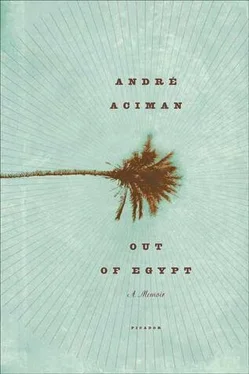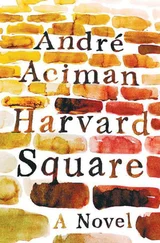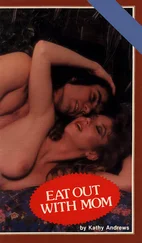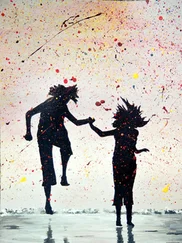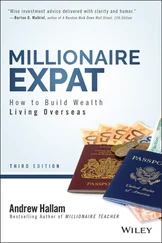And suddenly I knew, as I touched the damp, grainy surface of the seawall, that I would always remember this night, that in years to come I would remember sitting here, swept with confused longing as I listened to the water lapping the giant boulders beneath the promenade and watched the children head toward the shore in a winding, lambent procession. I wanted to come back tomorrow night, and the night after, and the one after that as well, sensing that what made leaving so fiercely painful was the knowledge that there would never be another night like this, that I would never eat soggy cakes along the coast road in the evening, not this year or any other year, nor feel the baffling, sudden beauty of that moment when, if only for an instant, I had caught myself longing for a city I never knew I loved.
Exactly a year from now, I vowed, I would sit outside at night wherever I was, somewhere in Europe, or in America, and turn my face to Egypt, as Moslems do when they pray and face Mecca, and remember this very night, and how I had thought these things and made this vow. You’re beginning to sound like Elsa and her silly seders, I said to myself, mimicking my father’s humor.
On my way home I thought of what the others were doing. I wanted to walk in, find the smaller living room still lit, the Beethoven still playing, with Abdou still clearing the dining room, and, on closing the front door, suddenly hear someone say, “We were just waiting for you, we’re thinking of going to the Royal.” “But we’ve already seen that film,” I would say. “What difference does it make. We’ll see it again.”
And before we had time to argue, we would all rush downstairs, where my father would be waiting in a car that was no longer really ours, and, feeling the slight chill of a late April night, would huddle together with the windows shut, bicker as usual about who got to sit where, rub our hands, turn the radio to a French broadcast, and then speed to the Corniche, thinking that all this was as it always was, that nothing ever really changed, that the people enjoying their first stroll on the Corniche after fasting, or the woman selling tickets at the Royal, or the man who would watch our car in the side alley outside the theater, or our neighbors across the hall, or the drizzle that was sure to greet us after the movie at midnight would never, ever know, nor ever guess, that this was our last night in Alexandria.
ADDITIONAL PRAISE FOR Out of Egypt
“A splendid rendition of life over fifty years or so in the prosperous business class in Alexandria, ending with the expulsion of the author’s Jewish family.”
— The New York Times Book Review
“To find Alexandria in these pages, all rosy and clear-eyed from the tonic of André Aciman’s telling, is the greatest imaginable gift.”
— James Merrill
“With this book Aciman has made his readers a happy gift …. Out of Egypt gives much pleasure.”
— Chicago Tribune
“An extraordinary memoir of an eccentric family, a fascinating milieu, and a complex cosmopolitan culture. This beautifully written book combines the sensuousness of Lawrence Durrell, the magic of García Márquez, and the realism of intimate observation. A rich portrait of a surprising and now-vanished world.”
— Eva Hoffman, author of Lost in Translation: A Life in a New Language
“A scintillating portrait of a family and a world that were narrowly clannish and exuberantly cosmopolitan … Sand has obliterated a sixty-year Alexandrian garden; or would have if Aciman had not restored it in the grace of language and memory.”
— Newsday
“Sharp and sublime … A moving performance.”
— The Jerusalem Report
“A marvelous memento of a place, time, and people that have all disappeared.”
— Publishers Weekly (starred review)
“The book’s pleasures are such that one has to remind oneself it is not just an affectionate memoir of a beloved place and buoyant childhood, but also a chronicle of continuing Jewish diaspora.”
— The Washington Times
“Aciman’s pungent prose is filled with telling detail …. Out of Egypt is a rich and moving memoir of his clan’s days there.”
— Seattle Post-Intelligencer
“[Aciman] may have gone out of Egypt but, as this evocative and imaginative book makes plain, he has never left it, nor it him.”
— International Herald Tribune
“Aciman delivers a clear-eyed eulogy of a lost past and a family in decline …. A skillful portrayal of an extraordinary clan.”
— Kirkus Reviews

André Aciman is the author of False Papers and Call Me by Your Name. Born in Alexandria and raised in Egypt, Italy, and France, Aciman teaches comparative literature at the City University of New York Graduate Center and lives in Manhattan with his family.
